43. watercoloring my way through spring quarter
thinking about knowing when to say "enough" and mid-term evaluations
Hi there! 👋 I’m Ida, and this is tiny driver, a newsletter about research, pedagogy, culture and their intersections. Thank you for being here. Reach out anytime by just hitting reply, I love hearing from you.
Hi friends, and happy Monday.
For many of you who are on the semester system, the academic year has been starting to wind down. Congratulations on getting through this absolutely wild year.
For me, and those other folks who are on the quarter system, we've still got about 4 weeks to go until the year comes to a close. At times, it's been quite difficult to keep going for so long. My week-long spring break was filled with course prep rather than rest, and I'm starting to feel the effects of not having taken time off.
As a result, I've been making a more conscious effort to step away from the computer and listen to my body & mind when it says, "Enough." Recently, this has taken the form of watercoloring. While journaling has been an important part of my self-care practice, there are times when I need to step away from the introspection of journaling and move into something that promotes a different kind of flow & presence within me. I recently remembered that at the beginning of quarantine last year, I bought some watercolor pencils & a mixed media sketchbook. So, I decided to take the supplies out of my storage box and just paint. I've mostly just painted flowers, but I can't tell you how nice it's been to spend a bit of the evenings doing something that requires no outcome; it's just for me.
In other news, on May 20th, I'll be moderating an amazing conversation between some pretty heavy hitters in the field of Iranian Diaspora Studies. I'd love to extend an invitation to all of you! Please come through if you're free, as I'm sure it's going to be a really interesting conversation. Info is in the tweet below:


What I teach.
Given that we have about four weeks to go in my courses, I decided to take a mid-quarter survey of my students to see how to improve synchronous classes in this final stretch.
I know that a lot of instructors have varying thoughts on this practice. Some are against this idea of a mid-quarter evaluation—from what I remember, I can't think of many courses in which I completed one as an undergraduate. On the other hand, there are instructors that find them critical to the course.
And even those who are a part of the latter group have diverging ways of executing these evaluations. On one end of the spectrum, there are those who believe the fewer questions, the better. (One instructor that I've learned from has said that usually the most effective evaluations ask two questions: "What's working? What's not?") And then on the other, there are those that provide a comprehensive survey of questions having to do with the course and their effectiveness as an instructor.
If I'm being honest, I'm still tinkering with what is most useful to my pedagogy. Will I get the most useful answers by keeping things short and sweet, or by providing more direction to my students as a means for them to reflect on their experience in the class so far?
A few weeks ago, I read a wonderful article (either linked by Stephan or Gavan Watson—forgive me, I no longer remember!!) on "Transforming Midterm Evaluations into a Metacognitive Pause." I have always understood these midterm evaluations as a means for students to assess my course and (by extension) my pedagogy. This article, however, shows how these moments of evaluation can also serve as a way for students themselves to understand how they best learn and what components of the course speak to their intellectual growth the most. As a result, evaluations become more student-centered. Rather than students just saying what they "like" or "don't like," the questions prompt a reflection on the larger objectives of assignments and class activities.
After reading this article, I decided to incorporate this principle of "metacognitive pause" into my evaluations, having students focus more on their own intellectual growth rather than elements of the course they like/do not like. I plan to go over them today, so I'll let you know if I have any major insights from this! ☺️
Some of the questions that I adapted for my course include:
Learning experts often talk about the necessary “difficulty” and “disorientation” that is part of learning. Can you share about what has been most challenging for you so far in this course? (Disorienting even?) What have you learned from this difficulty? What helped you in overcoming the challenge(s)?
Do you feel connected to the course material? Does it connect to your life or other coursework? How so? And how does this help your learning in this course?
If you have any thoughts on midterm evaluations, or on what questions have really worked for your evaluations, please let me know by replying to this email or by leaving a comment!
What I consume.
In the Bookshop:
Currently Reading: The Weak Spot by Lucie Elven
On Deck: Slouching Towards Bethlehem by Joan Didion
The people have spoken! For next month's book club, we will be reading Minor Feelings: An Asian American Reckoning by Cathy Park Hong. Feel free to purchase a copy of the book here! You can find details on the book club below.
Date & Time: Monday, May 24 at 5PM PST/8PM EST
Registration Link!!!
Suggested donation (for those able to donate): $3-20 through Paypal or Venmo (@idyalz)
Item(s) of note.
I may have to create a book budget with the discovery of this academic press sales bot. 😬

Finally received this workbook on Decolonizing Non-Violent Communication in the mail over the weekend, and I am so excited to start digging into it (pictured above).
So excited to have found Malaka Gharib's newsletter—her first post is absolutely lovely and just what my soul needed this past week.
This post from Marcia Chatelain on how to teach & address current events in the classroom during challenging times.
A pup-date.
Girlie got a nice little meat stick as a treat for just being herself. I love the way she puts it between her little paws to get a good grip:
As always, thanks so much for reading through, and I'll see you in the next one!
Warmly,
Ida




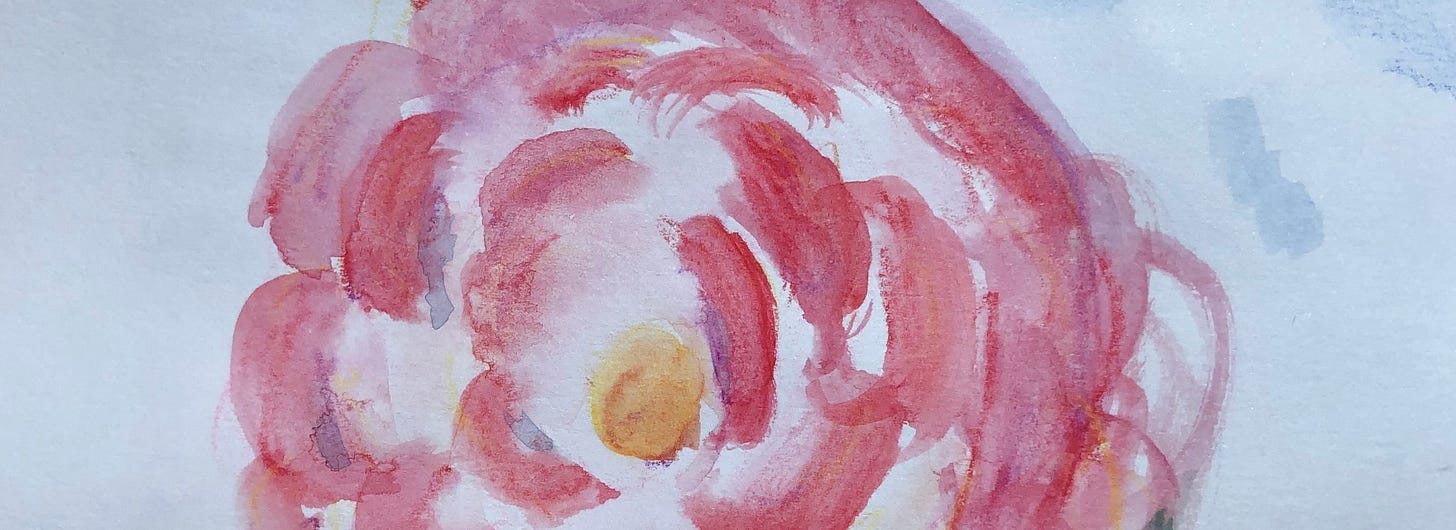
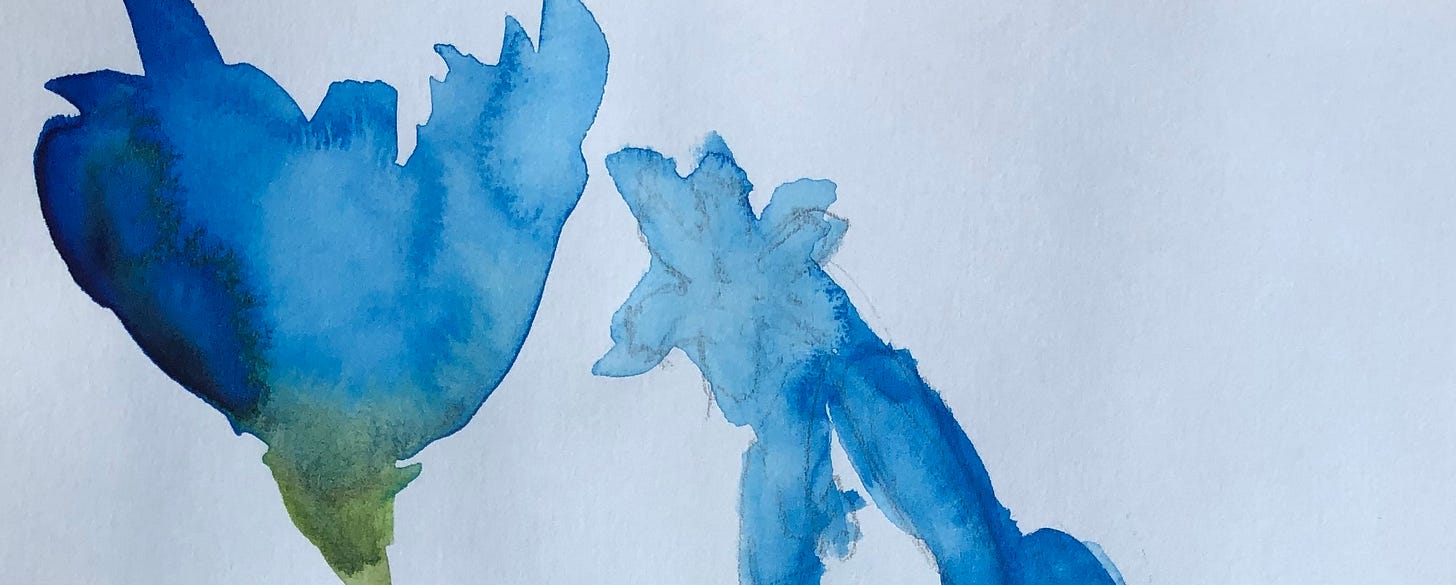
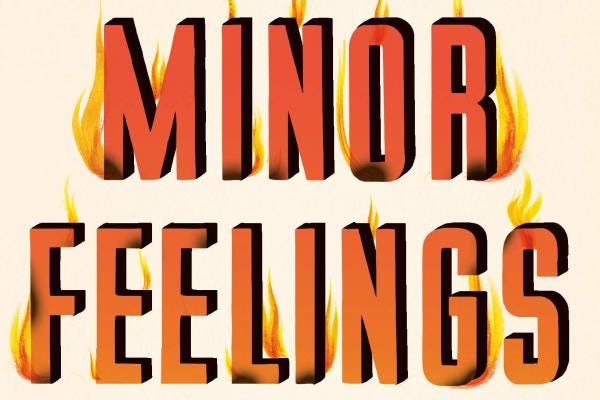
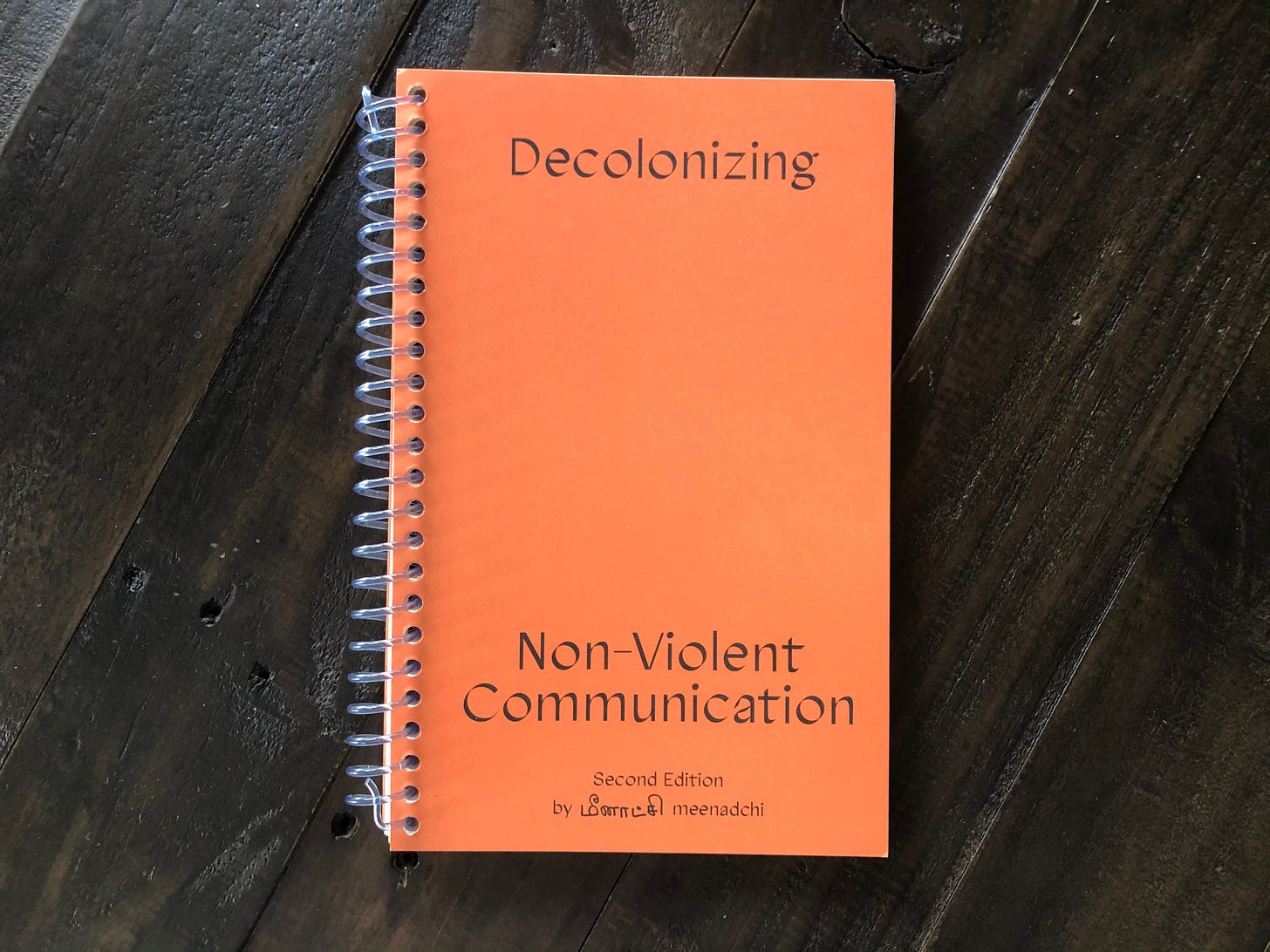
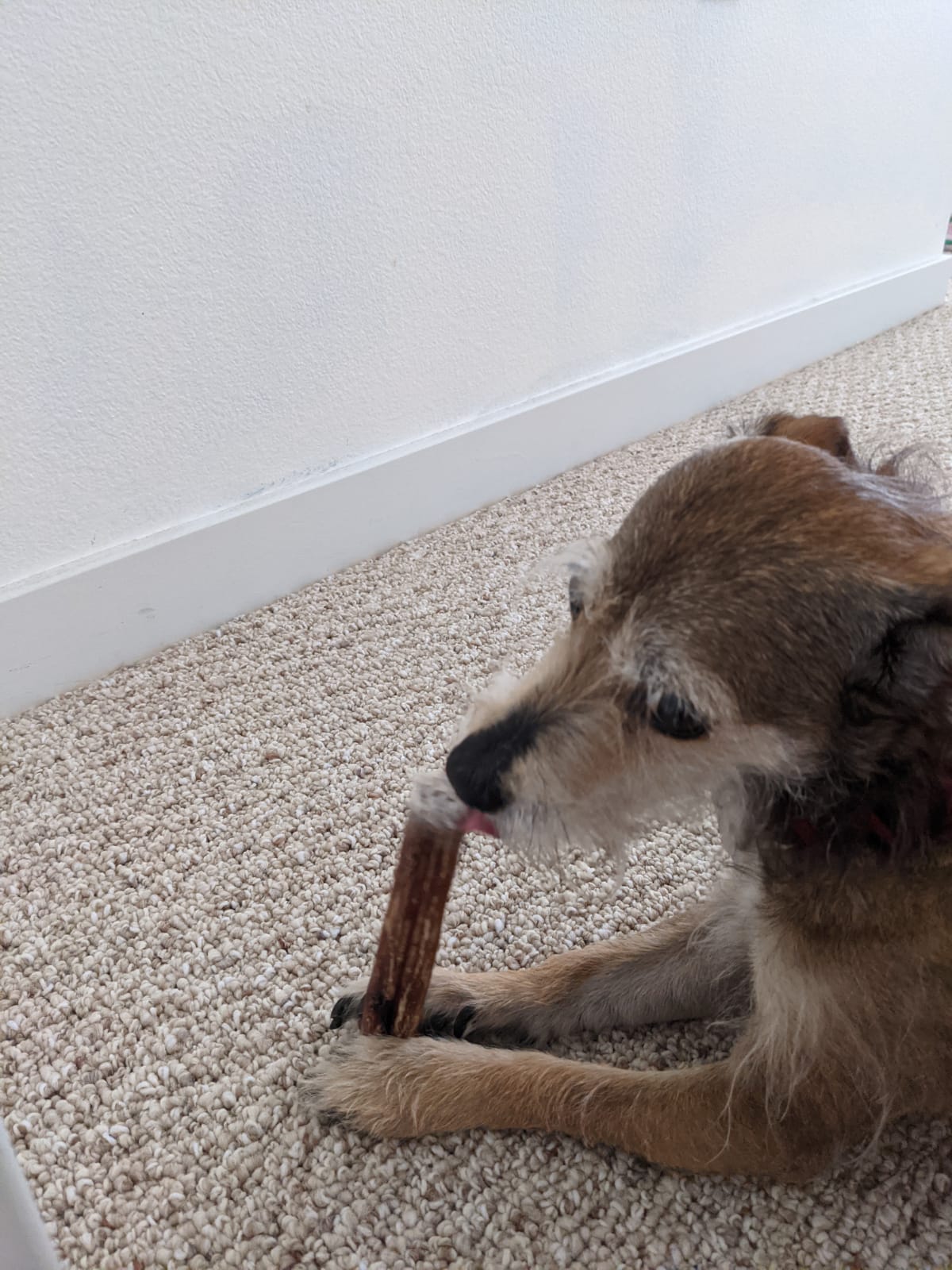
Hi Ida, I'm big on qualitative data and I find asking 'how' and for students to 'please share' stirs the cognitive juices in my students and yields richer responses than survey type/closed questions. I make the assumption that students are learning and making connections and sometimes need the invitation to think deeper. I was wondering how it might be more helpful to you to re-frame these questions:
"Can you share about what has been most challenging for you so far in this course?" to "Please share what has been..."
"Do you feel connected to the course material?" to "How do you feel connected to the course material?"
" Does it connect to your life or other coursework?" to "Where/How does the course material connect to your life/and/or other coursework?"
Thanks for all you do!
I was very lapse with mid-terms this semester, I usually provide a survey that helps refine the second half, but love this article (almost certainly in Gavan's newsletter) that is also helping me think about opportunities for students to develop metacognition, and recognize themselves as learners. I really like the questions: "Do you feel connected to the course material? Does it connect to your life?" So often my students compartmentalize those different parts of their lives, what they are learning, how they are living...